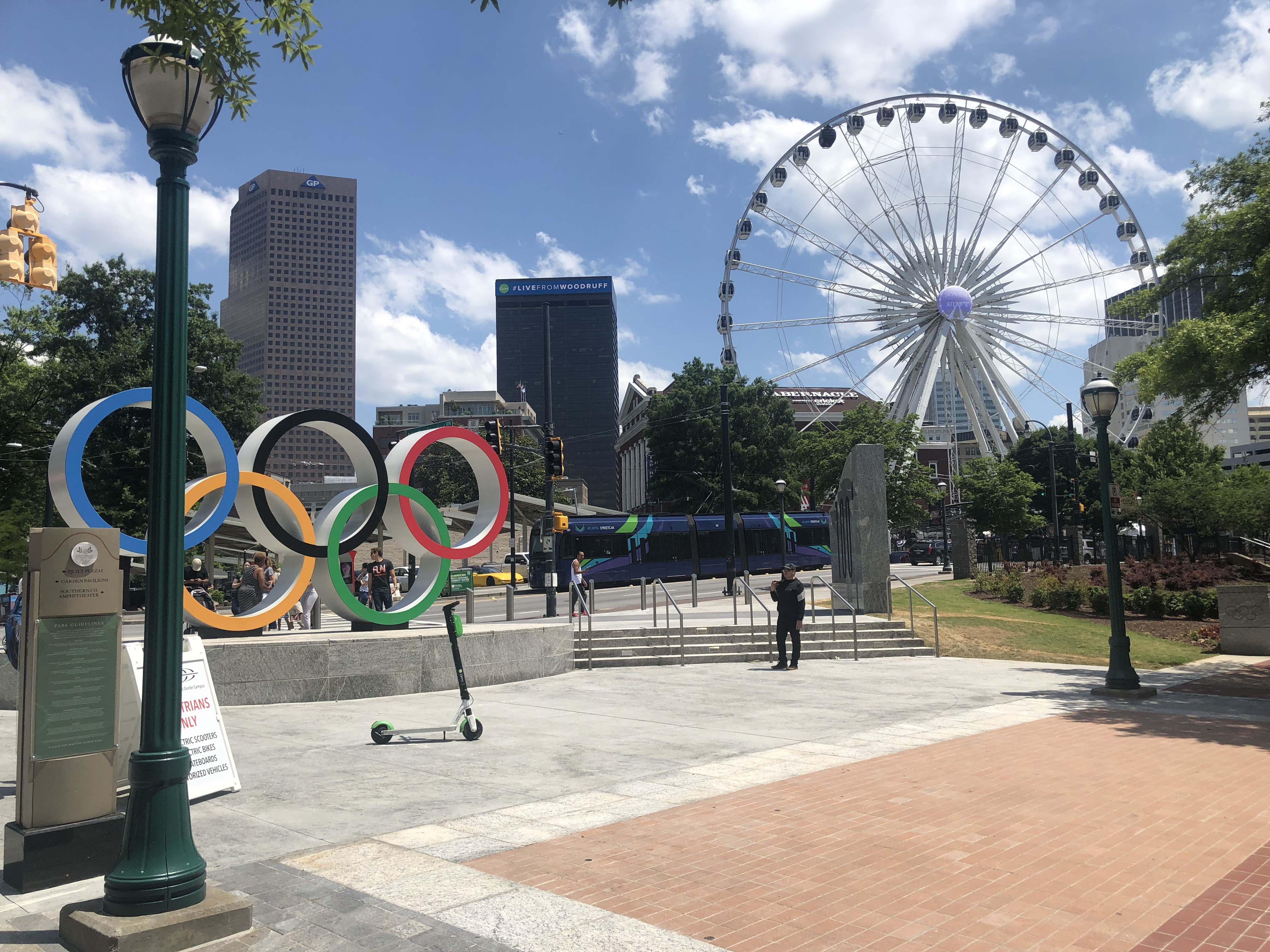Week One: Learning to Buy Time
People keep asking me why I came to Atlanta.
I was raised in Queens, studied in Boston and lived in NJ before law school. And, yet, instead of running back to a Northeast city this summer, I went deeper south.
When I was a reporter, I always went where the work was. Earlier this year, as I researched internships, I found myself drawn to Georgia and especially, the Georgia Asylum and Immigration Network (GAIN).

Coming from an immigrant family and growing up in such a diverse borough, I knew firsthand about the immigrant plight. And, yet, I was embarrassingly surprised to learn how dramatically difficult things are for this vulnerable group simply depending on the area of the country. Atlanta is one of the worst. Ninety-eight percent of asylum cases here are denied. In stark contrast, take a city like New York for example: the denial rate for more than half the judges is under 30%.
I didn't come down with a naive mission of changing things. But, now more than ever, I knew it was important to be here, on the frontlines.
For the past 13 years, GAIN, a nonprofit legal organization, has grown from a two-person team to a staff of ten. Despite a shifting immigration landscape, its mission has remained the same: to provide free immigration legal services to victims of crime and persecution. GAIN has a core group of in-house attorneys and also relies on local lawyers who are trained by GAIN in immigration matters and take on cases pro-bono. On average, GAIN assists about 500 clients a year. I’m fortunate to spend the summer working in an area that is so timely.
My first week at GAIN was a crash course in immigration. While immigration issues come in many forms, GAIN specifically helps two groups of immigrants. First, are those who have come into the U.S. seeking asylum. Second, are victims of violence (typically trafficking and other sexual crimes).
GAIN, of course, is nonpartisan. Regardless of the political changes, their focus is on the client and navigating through new immigration policies. Still, the impact of changes made under the new administration is clear. I’ve learned that the cases from victims of violence has decreased with victims afraid to even come forward due to fear of deportation. Asylum cases, on the other hand, have increased. Given the growing unrest in parts of South America, GAIN has also started to see more cases from these areas.
My two main tasks so far have been research and client intake. My research has already taken me across the world: from reading about LGBTQ persecution in the Caribbean region to the labor trafficking crisis in Myanmar to the "cleaning operation" against protesters in Nicaragua. Beyond just reading about these places, I've also been able to speak to clients from these areas and learn more about their stories.
I don't know what the summer will bring for these clients. Asylum cases in particular take years. So why do it? The main answer I've heard: during that long-awaited (and most often negative) outcome, we buy time. Time to get work authorization; time to stay a little longer; and maybe time to move to a more hopeful jurisdiction.
I'm excited for what I have no doubt will be a meaningful summer. Now if I only I could get use to the heat down here!